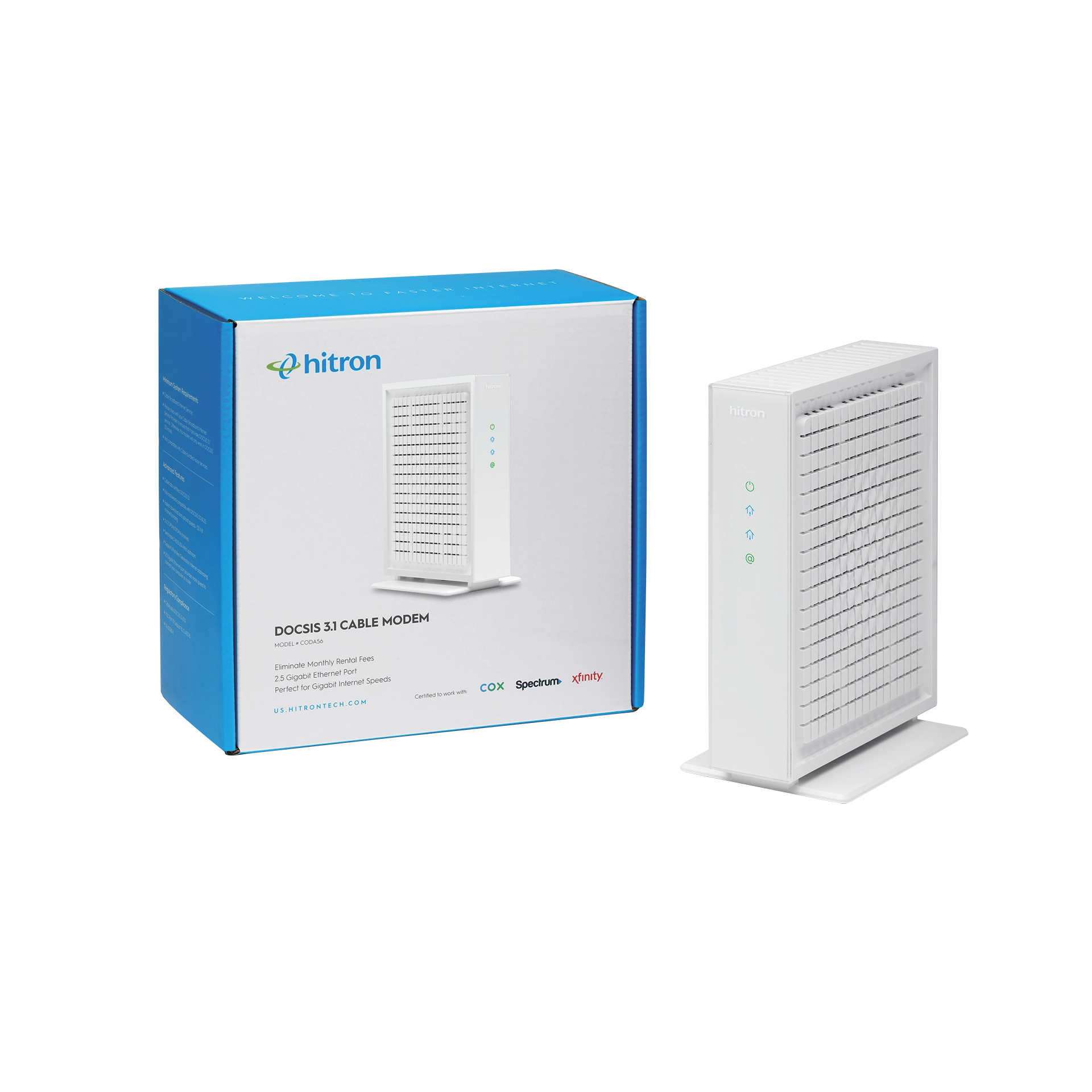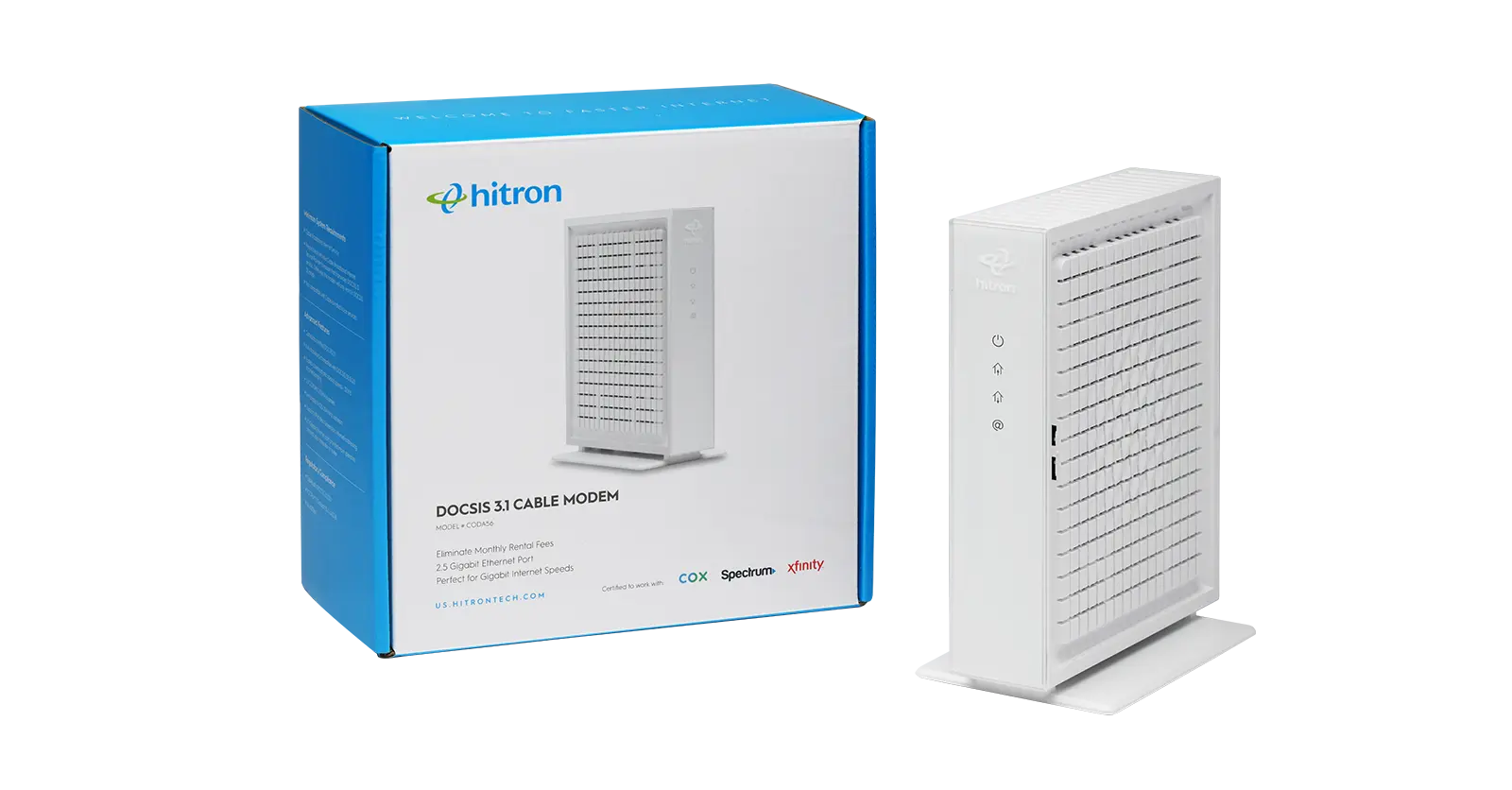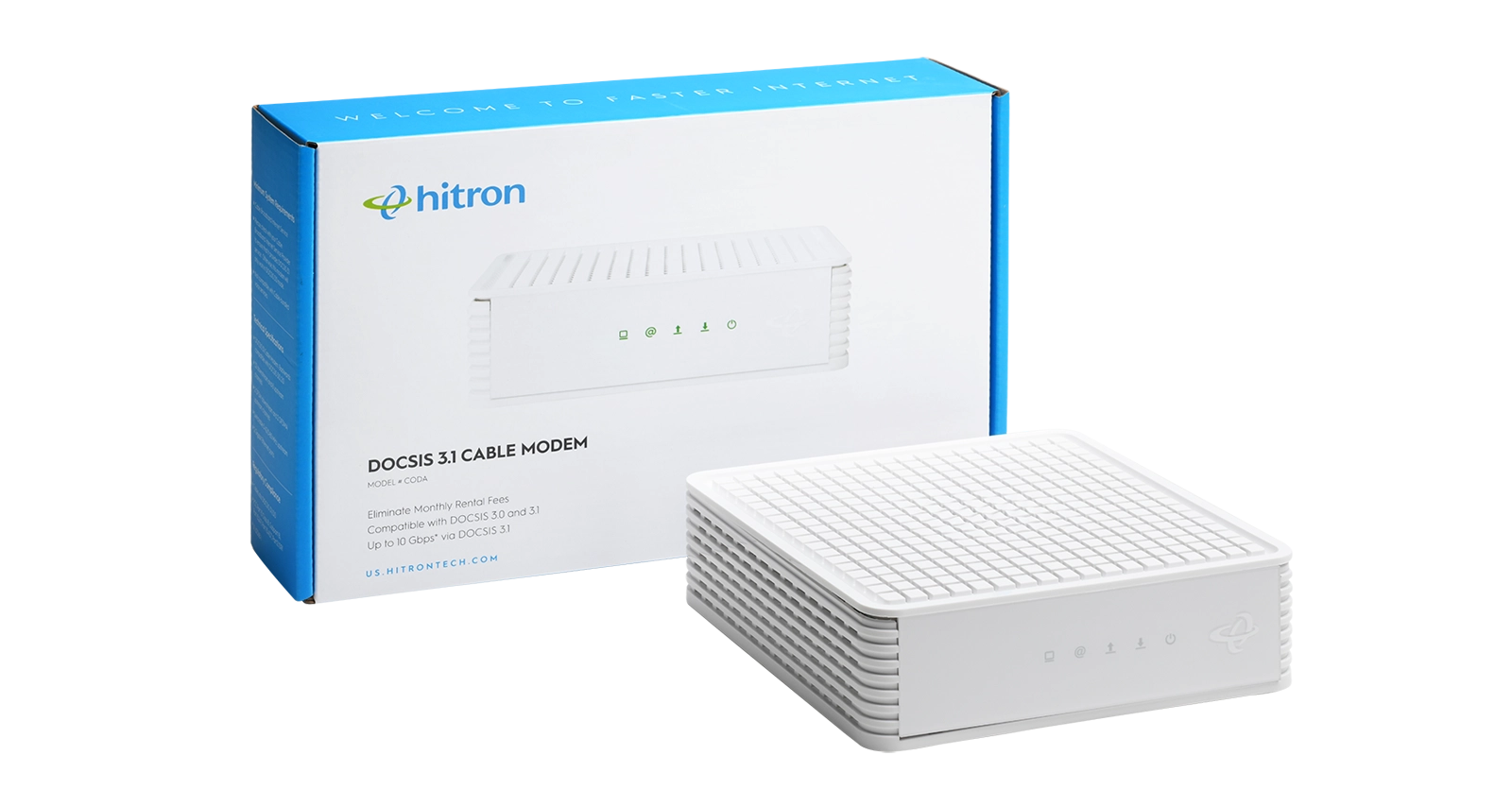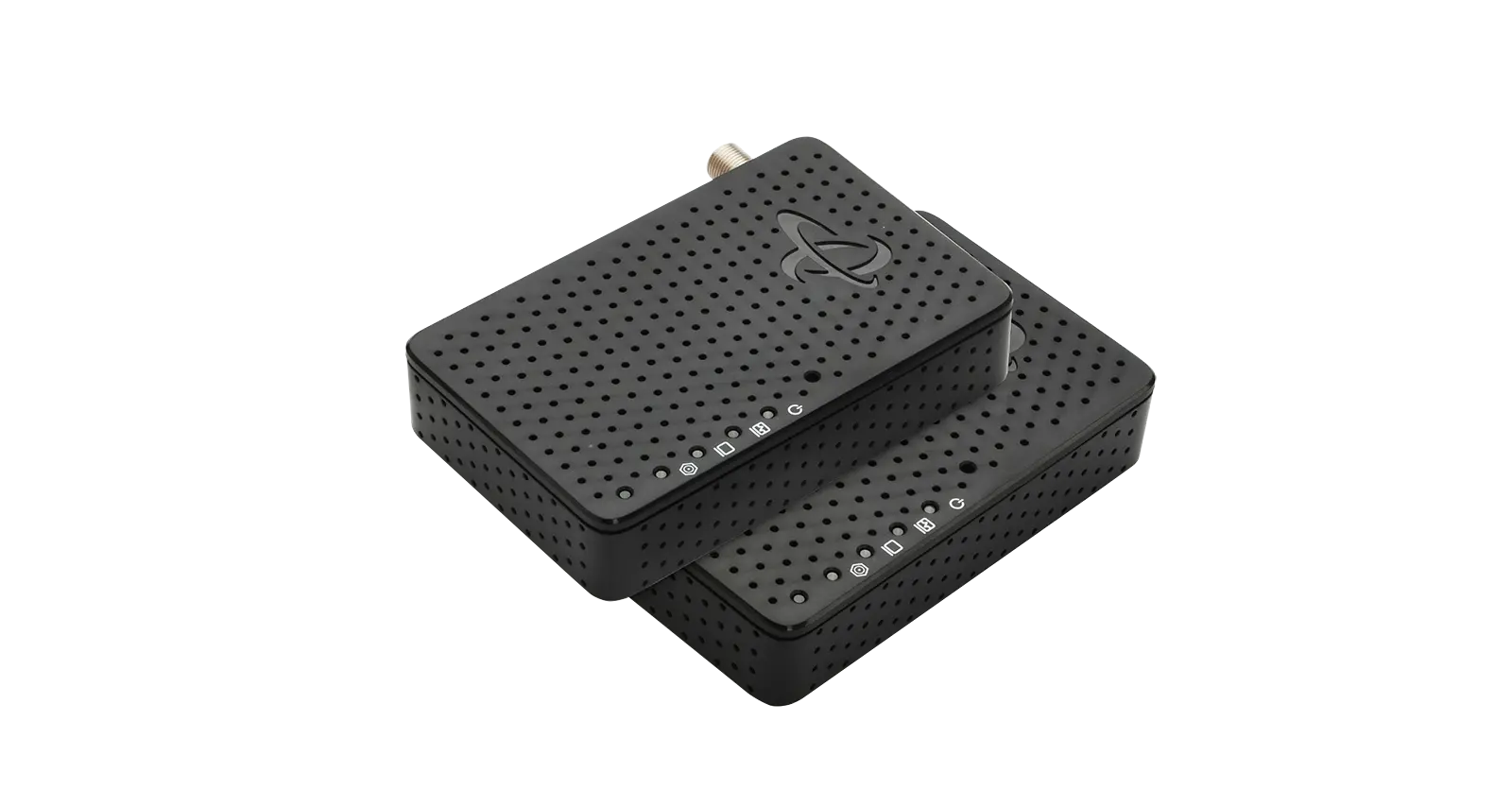As more people hear about 5G’s promise of faster speeds, lower latency, and better overall performance, a common question arises: Can 5G replace traditional home internet services like cable, DSL, or fiber? If you’ve ever considered upgrading or switching your home internet, understanding 5G’s capabilities and limitations can help you make an informed decision.
What Is 5G Home Internet?
5G home internet utilizes the fifth-generation wireless network infrastructure to deliver broadband-like speeds through cellular signals instead of traditional cables. Instead of relying on copper wires, fiber lines, or cable connections, a 5G router in your home communicates with nearby cell towers. These towers transmit high-speed internet over the air, enabling you to access web content, stream videos, and work online without the need for a fixed-line connection.
How Fast Is 5G Home Internet?
Speeds vary depending on several factors, including your location, the type of 5G service available (low-, mid-, or high-band), and how close you are to a 5G tower. In many areas, 5G can rival or even outperform standard cable and DSL speeds, making activities like streaming HD or 4K video, gaming online, and attending video conferences feel more seamless. As 5G networks continue to improve, speeds are only getting better.
Key Advantages of 5G for Home Internet
- Simplified Setup – Instead of scheduling an installation or dealing with cables, you can often just plug in a 5G router, insert a SIM card, and go online. This flexibility is particularly appealing for renters or those without access to high-speed wired options.
- High Speeds and Low Latency – While speeds vary based on your location and network conditions, 5G can deliver performance on par with many cable or fiber plans. Lower latency also makes activities like online gaming, video conferencing, and VR more responsive.
- Portability – Since 5G isn’t tied to a fiber line or cable, you can move your router more easily. This might help you find better reception spots in your home, or even allow you to take your internet connection with you if you move.
Potential Drawbacks
- Coverage Variability – While 5G is expanding quickly, it’s not everywhere yet. Coverage and speed depend on whether your area has the right infrastructure. In rural locations, 5G may still be limited or slower than in big cities or suburbs.
- Data Caps and Plans – Depending on your internet service provider (ISP), you may face data caps or tiered pricing. Selecting a plan that meets your household’s bandwidth needs is essential.
- Reliability During Peak Times – While 5G networks are designed to handle a high volume of traffic, peak usage times in densely populated areas might still cause congestion or slowed speeds.
Comparing 5G to Traditional Broadband
• Speed – In many locations, 5G speeds rival or exceed those of cable and DSL. Fiber connections may still offer the fastest possible speeds, but 5G networks are continually improving.
• Installation – Traditional broadband often involves scheduling installation, running cables, and waiting for a technician. With 5G, setup can be as simple as plugging in a 5G router, like Hitron’s D60 5G Cellular Router, and inserting a SIM card.
• Availability – While urban and suburban areas are rapidly gaining 5G coverage, some rural regions may have limited access. In such cases, 5G might not yet be a viable replacement for satellite or slower DSL options.
Will 5G Replace Home Internet for You?
Whether 5G can replace your home internet depends on several factors:
- Coverage and Speed in Your Area: Check your ISP’s coverage maps and run speed tests on a 5G-compatible device to gauge what performance you can expect.
- Data Needs: Evaluate your household’s data usage. If you stream in 4K, game online, and have multiple connected devices, consider a plan without restrictive data caps.
- Reliability Requirements: If you depend heavily on a stable connection for remote work or critical tasks, ensure that 5G reliability in your location meets your standards. Otherwise, a backup option like cable or fiber may still be worthwhile.
The Future of 5G Home Internet
As 5G networks expand and improve, the technology’s ability to serve as a primary home internet solution will only grow stronger. As more towers are built and better routers become available, 5G will likely close the gap between wireless and wired connections. This means that if 5G isn’t a perfect replacement for you now, it could become a stronger candidate in the future.
5G home internet offers an exciting alternative to traditional broadband, combining flexibility and potentially high speeds without the need for wires. If you’re ready to embrace the future of connectivity and take advantage of next-generation wireless performance, consider upgrading to a 5G router designed for your needs. Hitron’s D60 5G router with automatic cellular failover protection, provides a reliable, high-speed solution that’s easy to set up and manage. Purchase Hitron’s 5G router on Amazon today and experience the next level of home internet performance.



